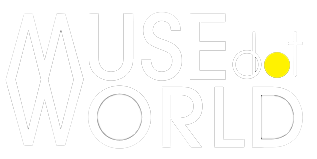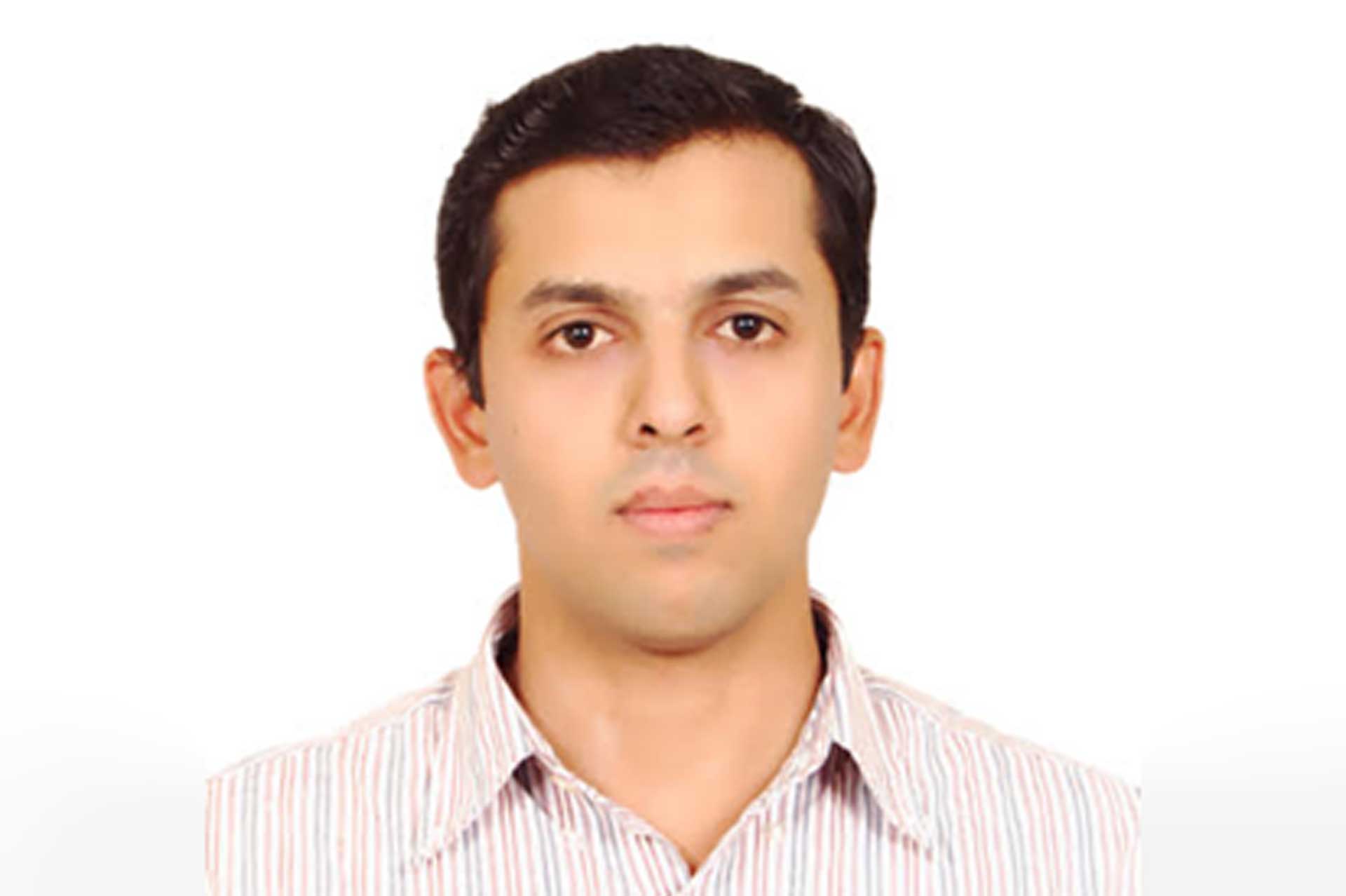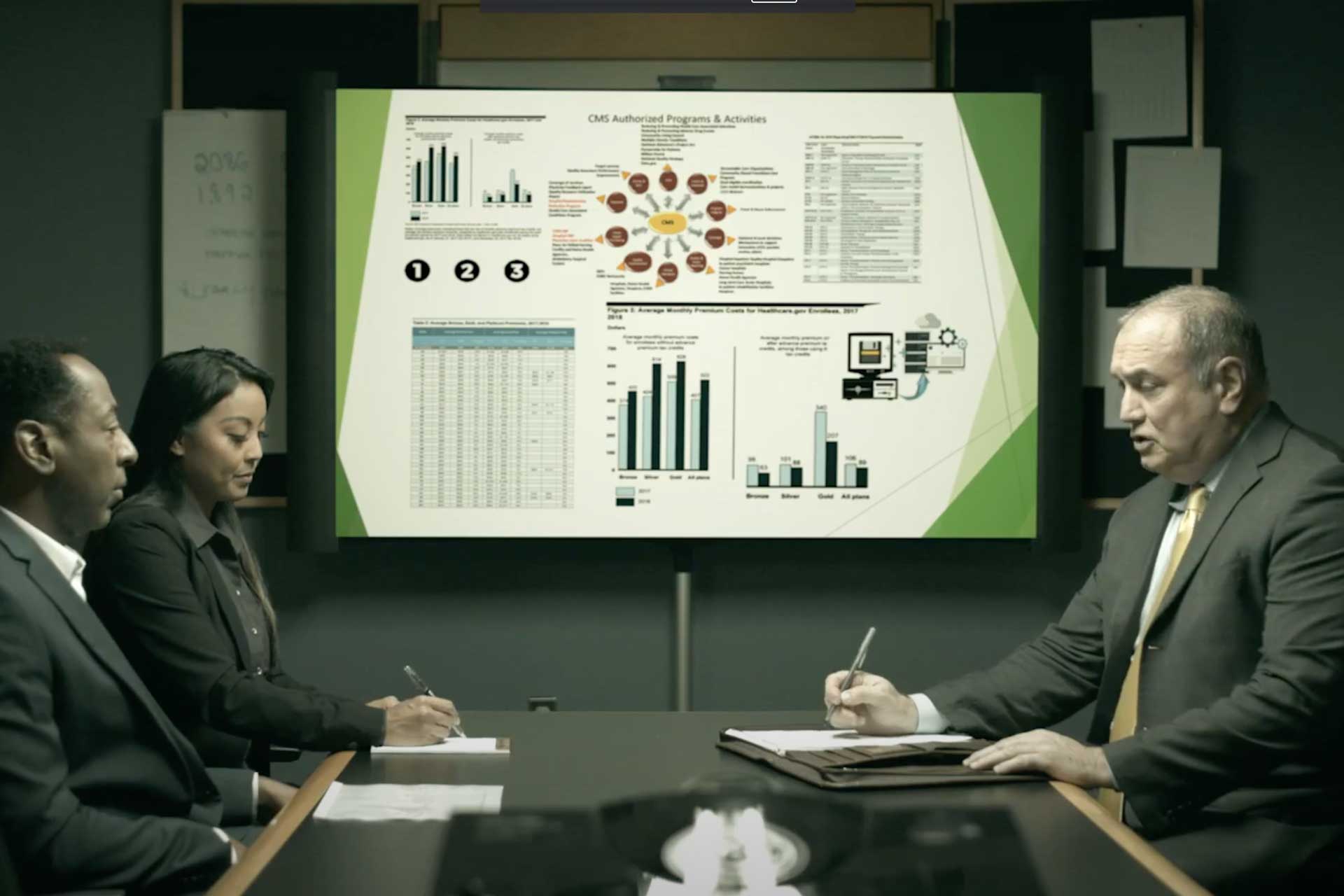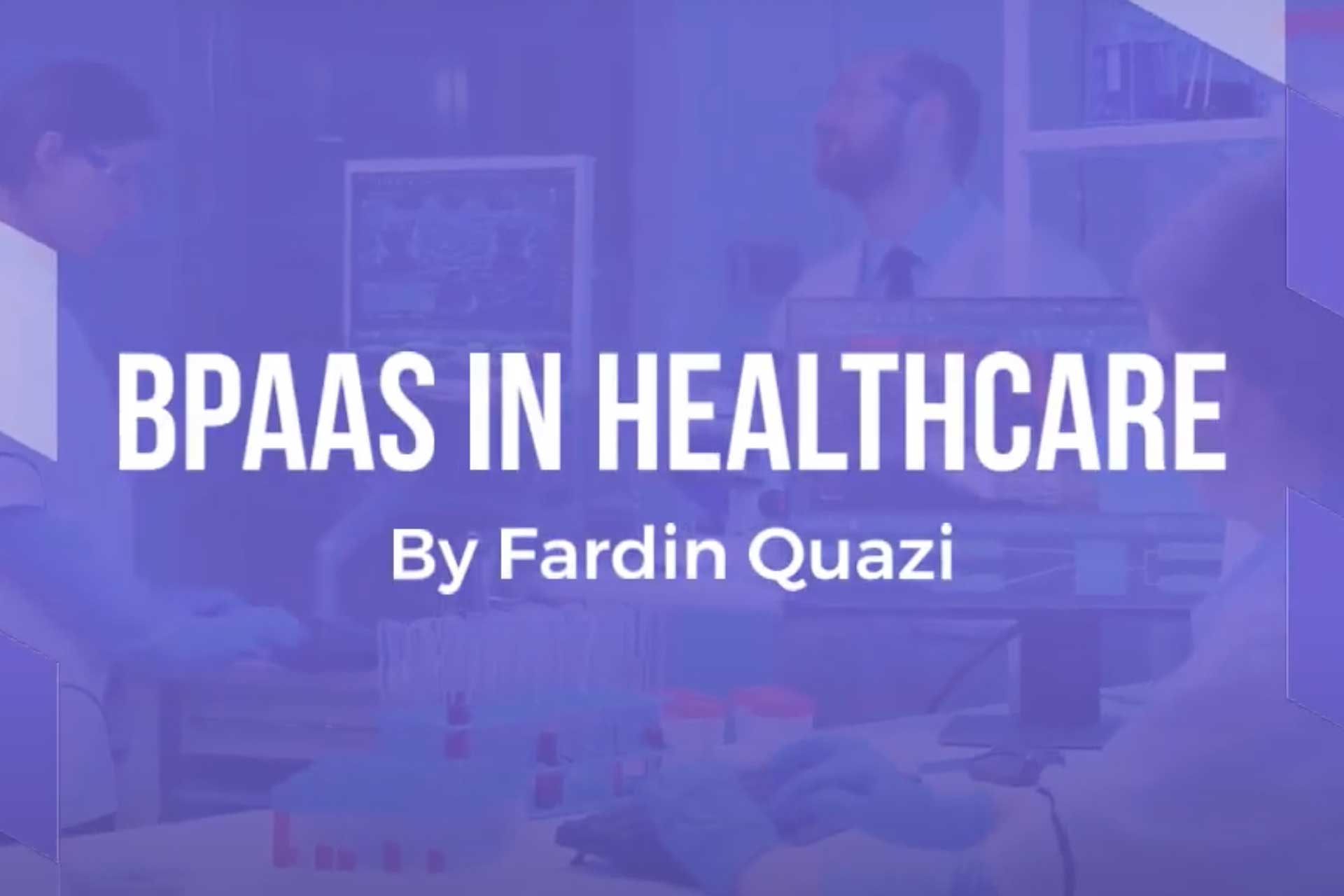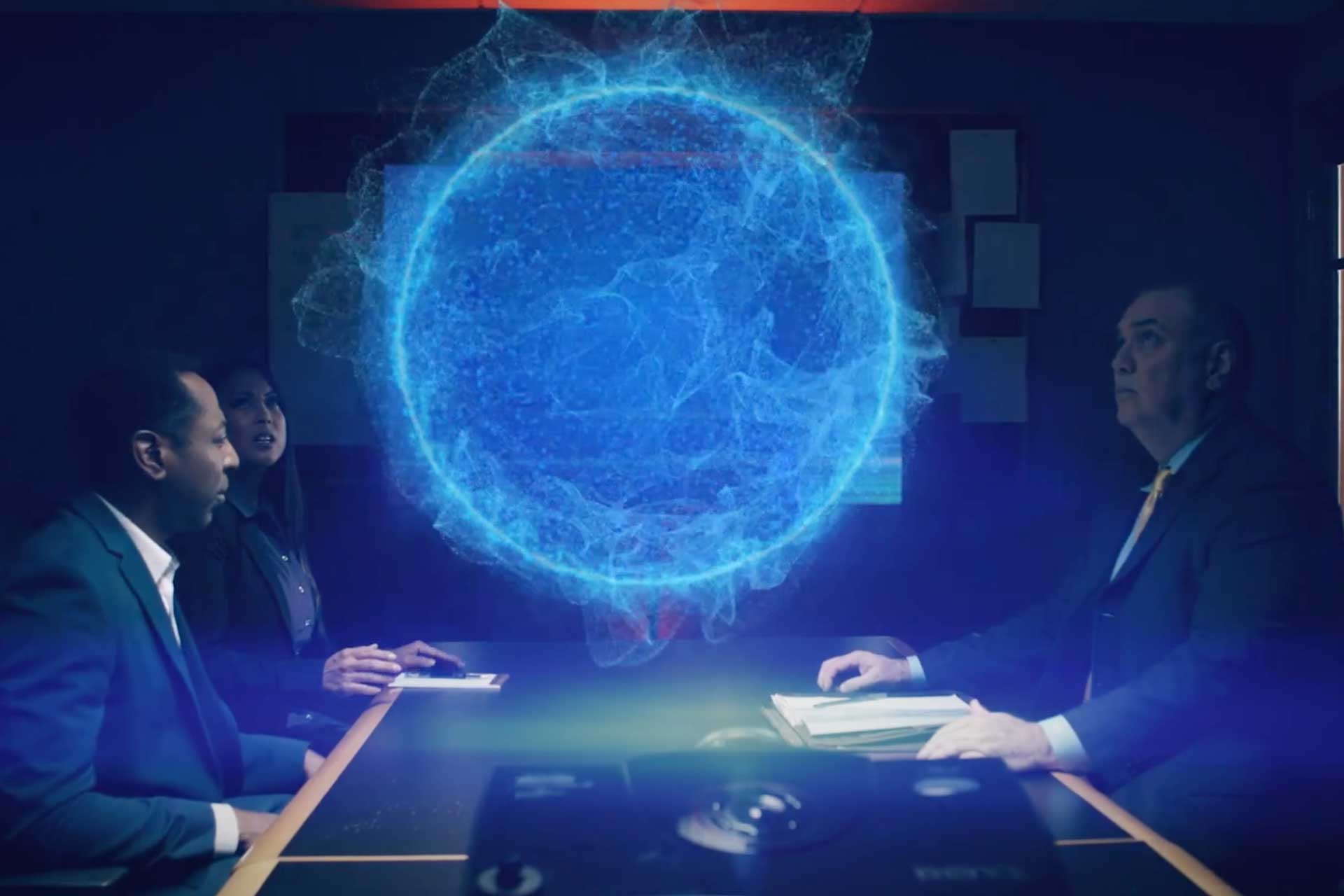Fardin Quazi on BPaaS Solutions for Medicare & Medicaid at Cognizant

The Art of Time: Qianying Zhu’s Take on the Chinese Zodiac
March 27, 2025
Ying Li at Meta | The Powerhouse Behind Business Messaging’s Breakthroughs
March 28, 2025Fardin Quazi
Fardin Quazi, a Digital Transformation Expert in Healthcare Admin Solutions, has 19+ years of experience and is Associate Director of Digital Business Solutions at Cognizant. He specializes in digital transformation and process optimization for US Healthcare and Government Healthcare.
I am Fardin Quazi, a Digital Transformation Expert in Healthcare Admin Solutions, with over 19 years of experience. Currently, I serve as Associate Director of Digital Business Solutions for Cognizant’s Intuitive Operations & Automation practice.
I specialize in digital transformation, business solutions, and process optimization, particularly within US Healthcare (Payer & Provider) and US Government Healthcare (Medicare & Medicaid). Over the years, I’ve led numerous projects in areas such as membership enrollment, provider data management, and claims adjudication, consistently driving innovation and automation in healthcare.
The motivation behind the BPaaS Model for Healthcare - Medicare & Medicaid initiative stemmed from the growing need for scalable, compliant, and cost-effective solutions in the healthcare sector. The initiative aimed to enhance the efficiency of healthcare service delivery by integrating advanced technologies such as RPA and intelligent process automation (IPA).
The impact has been significant, leading to reduced administrative costs, improved accuracy in claims processing, and faster time-to-market for new products, ultimately benefiting healthcare providers, patients, and the broader community.
I have been with Cognizant Technology Solutions for over 17 years, working in various capacities across healthcare solutions. Cognizant is a Fortune 200 company with 350,000 employees globally and a revenue of $19.4 billion.
We serve 23 of the top 25 healthcare companies worldwide, solidifying our leadership in the healthcare sector. As one of the largest IT services providers, Cognizant is present in every major city, delivering cutting-edge solutions across industries.
In my current role as Associate Director of Digital Business Solutions, I lead digital transformation and automation initiatives within our Intuitive Operations & Automation practice. Over the years, I have played multiple roles, developing and implementing business solutions, leading digital transformation initiatives, automating healthcare processes, and managing large-scale healthcare projects.
I oversee the development and implementation of the BPaaS Model, ensuring compliance, efficiency, and process optimization across various operational tracks such as claims adjudication, provider data management, and mailroom services.
My experience spans business development, digital transformation solutions, driving innovation and automation in product and processes, end-to-end project implementation, business analysis and solution development, and operations management.
These roles have allowed me to drive transformation within the healthcare industry, using innovative technologies like RPA and IPA to improve process efficiency and service delivery for our clients.
A standout success story is the implementation of the BPaaS Model for a large Texas-based health plan. The project created a savings roadmap of $900 million over seven years, reduced claims inventory by 15 times, and significantly cut down the time for processing pending claims.
This not only streamlined service delivery but also greatly enhanced patient satisfaction by accelerating claims resolutions and improving accuracy. Thousands of Medicaid members in Texas directly benefited from faster, more reliable claims processing.
One of the most rewarding and challenging aspects of this project was delivering it almost entirely remotely due to COVID-19 restrictions. Despite the obstacles posed by transitioning to remote operations, we successfully maintained collaboration and performance, demonstrating that digital transformation can continue even under challenging conditions.
The inspiration for the BPaaS Model came from the need to address inefficiencies in healthcare operations, particularly within government programs like Medicare and Medicaid. The message we aimed to convey was that through innovation and automation, it is possible to achieve significant cost savings while improving service quality and compliance in healthcare.
This model stands as a testament to how technology can transform healthcare administration to benefit both providers and patients.
The creative elements of the project lay in how we utilized automation to streamline complex healthcare processes. By integrating RPA and IPA, we brought the message of efficiency, accuracy, and scalability to life, creating a story where technology enabled better care delivery.
Additionally, we emphasized transparency and compliance by implementing systems that improved regulatory acceptance rates and minimized errors.
Our BPaaS Model contributes to raising awareness of the importance of operational efficiency in healthcare. By showcasing the transformative power of automation, we encourage other healthcare organizations to embrace similar innovations, promoting behavior change within the industry.
Improved efficiency directly translates into better health outcomes, as resources are allocated more effectively, reducing delays and errors in patient care.
We focused on measurable results and real-world impacts to capture attention. Advertising materials highlighted key outcomes such as the 600% increase in claims processing speed, the 25% reduction in plan administration costs, and the elimination of 17,000 hours of manual input errors.
These tangible benefits resonated with healthcare administrators and providers looking for scalable solutions to improve their operations.
Winning in the TITAN Health Awards is a tremendous honor and a recognition of the hard work and dedication. For me, it is validation of the potential of technology to transform healthcare.
For Cognizant, it reinforces our position as a leader in delivering innovative healthcare solutions. This award is a testament to the power of collaboration, creativity, and commitment to improving healthcare outcomes.
The winning project, "BPaaS Model for Healthcare - Medicare & Medicaid," was entered into the TITAN Health Awards because it represents a groundbreaking approach to healthcare administration.
By leveraging automation and cloud-based technologies, the BPaaS Model improves efficiency, reduces errors, and enhances compliance across various operational areas. I chose to enter this project to showcase the potential of technology to revolutionize healthcare administration and to inspire others in the industry to innovate.
The biggest challenge was ensuring regulatory compliance across multiple states and healthcare providers while maintaining flexibility and scalability. Each state has its own set of requirements for Medicare and Medicaid services, so integrating automation and standardization across these varied systems was complex.
However, through diligent planning and collaboration with stakeholders, we successfully met all compliance requirements.
Winning has elevated my professional standing within the healthcare technology community. It has opened new opportunities for me to share my insights on digital transformation and innovation in healthcare.
It has also strengthened my role as a thought leader, enabling me to contribute to industry discussions and further expand my influence through podcasts, publications, and conferences.
Regulatory Complexity: Healthcare operates under strict regulations like HIPAA, which protect patient health information (PHI). Compliance is crucial, as it ensures patient privacy and security. The complexity of adhering to these laws across regions adds unique challenges that impact service delivery and patient trust.
Technological Integration: The adoption of AI, automation, and blockchain is reshaping healthcare. These technologies are improving operational efficiency and accuracy, helping with tasks such as claims processing and patient record management, ultimately enhancing patient care.
Patient-Centric Focus: Healthcare is driven by the goal of improving patient outcomes. Data security and privacy are critical since any breach can directly affect a patient's health and life. This patient-centered approach ensures that every innovation prioritizes safety, quality, and service efficiency.
The United States is unique in its healthcare system due to its blend of private and public sectors. Programs like Medicare and Medicaid provide essential services to millions of people, while private insurance offers a variety of options.
This creates opportunities for innovation in how healthcare is delivered, especially in terms of automation, cost-saving measures, and technology-driven improvements.
I recommend the following resources:
Google Cloud Certifications: For mastering healthcare data and AI technologies.
American Health Insurance Plans (AHIP): Offers valuable courses on Medicare and Medicaid.
Online Learning Platforms: Such as Coursera or edX, which provide courses on healthcare IT, AI, and digital transformation.
My greatest inspirations have always been my parents. My father was a diligent and hardworking man who lived by a strong moral compass, always staying true to his values. He instilled in me the importance of integrity, commitment, and perseverance, qualities that have guided me throughout my career.
My mother, on the other hand, was an exemplary academician with a PhD and a passion for teaching. She always encouraged me to pursue excellence in my education, hoping I would become a doctor. While I didn’t follow the medical path she envisioned, I found myself contributing to the healthcare industry in a different but equally impactful way.
Today, I play a crucial role in the digital transformation of healthcare, shaping processes that enhance patient care and operational efficiency. Their combined influence has taught me the value of hard work, intellectual curiosity, and staying true to my goals, which continue to drive my success in the ever-evolving world of healthcare technology.
Fardin Quazi - BPaaS Model for Healthcare - Medicare & Medicaid | 2024
Fardin Quazi
Cognizant
Fardin Quazi, a Digital Transformation Expert in Healthcare Admin Solutions, has 19+ years of experience and is Associate Director of Digital Business Solutions at Cognizant. He specializes in digital transformation and process optimization for US Healthcare and Government Healthcare.
Explore the journey of Nagarjuna Reddy Aturi, the Gold Winner at the 2024 TITAN Health Awards. His role as Regional Wing Director for the Americas at the Isha Foundation covers programs across the Americas and APAC. A corporate executive and wellness leader, he also researches neuroscience, AI, and mental health. Recognized as a Corporate Director (DIN: 10439335) by the Ministry of Corporate Affairs, he is a member of IICA, IDDB, and NACD (USA).
